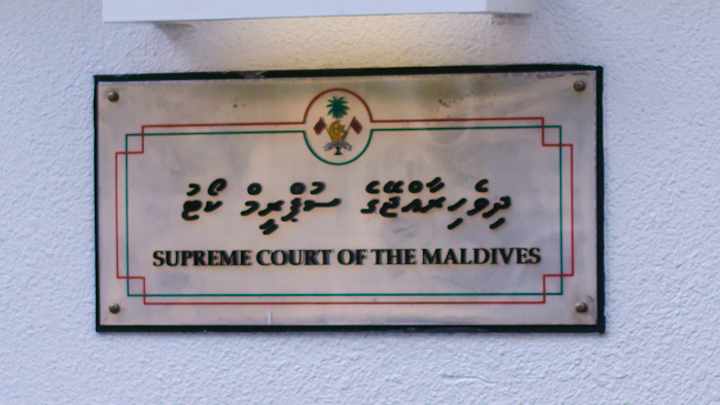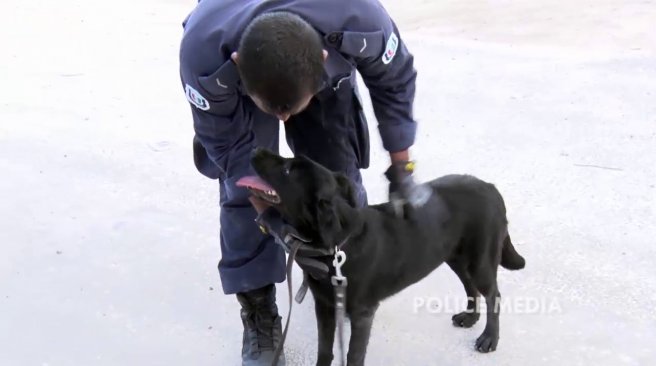Citing severe procedural irregularities, the Supreme Court on Thursday acquitted a man sentenced to life in prison over drug trafficking charges.
The unprecedented ruling deals with similar lapses noted by former president Mohamed Nasheed and former defense minister Mohamed Nazim, who were sentenced to jail on terrorism and weapons smuggling charges, respectively.
In acquitting Abdulla Unais, the Supreme Court said he was not given access to a lawyer or the opportunity to call defense witnesses.
Unais was arrested in Addu City in May 2012. Police officers found more than 46 grams of heroin in envelopes on the ground at the time of his arrest and in his trouser pockets.
Unais had denied charges and claims he was framed by police officers.
The Supreme Court said the lower courts should have investigated Unais’ claims of a police set-up by verifying if the accused police officer had left any fingerprints on the envelope. The ruling went onto question the validity of the police officer’s testimony.
The criminal court’s sentencing of Unais without providing access to legal counsel contravenes the constitution, which states that the government must set lawyers for individuals accused in serious crimes, the ruling said.
Unais, who had remained in police custody throughout the duration of his trial, had repeatedly told the criminal court he was unable to hire a lawyer, the Supreme Court said.
Nasheed, in a petition to the UN working group on arbitrary detention, noted that he was denied legal counsel at a first hearing. Then, when his lawyers recused themselves in protest over the criminal court’s refusal to provide sufficient time to prepare defense, judges proceeded with hearings, despite Nasheed’s repeated request to hire new lawyers.
The government maintains due process was followed. A ruling is expected in September or October.
Nasheed’s 19-day trial was criticized by foreign governments and UN rights experts. The UK Prime Minister David Cameron, the EU parliament and high profile US senators have called for his immediate release.
Nazim, meanwhile, contends rogue police officers had framed him by planting weapons during a midnight raid. The criminal court, however, did not allow the former defense minister to call witnesses to prove his case.
Nazim’s lawyers also contend anonymized statements provided by the police officers involved in the raid are inadmissible in court.
Appeal hearings in Nazim’s case have been stalled after the Supreme Court transferred two of the five judges on the panel to a newly created branch in Addu City.
Nasheed and Nazim’s imprisonment triggered a political crisis with daily protests and historic antigovernment marches. The main opposition Maldivian Democratic Party is now negotiating with the government for the pair’s release. Nasheed is currently under house arrest.

